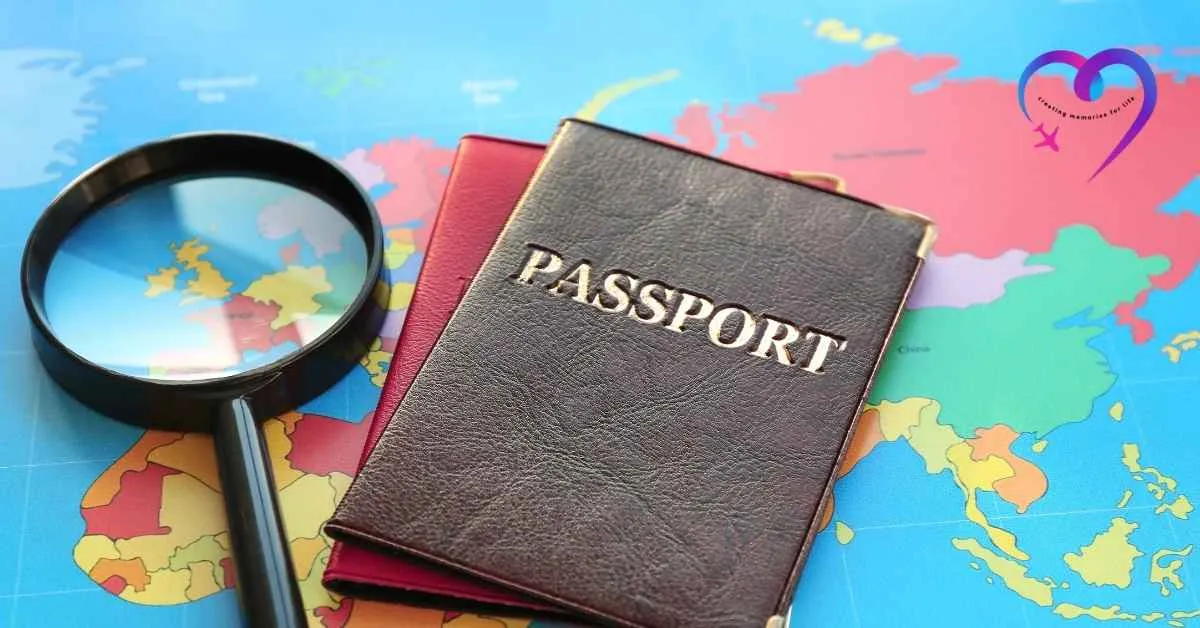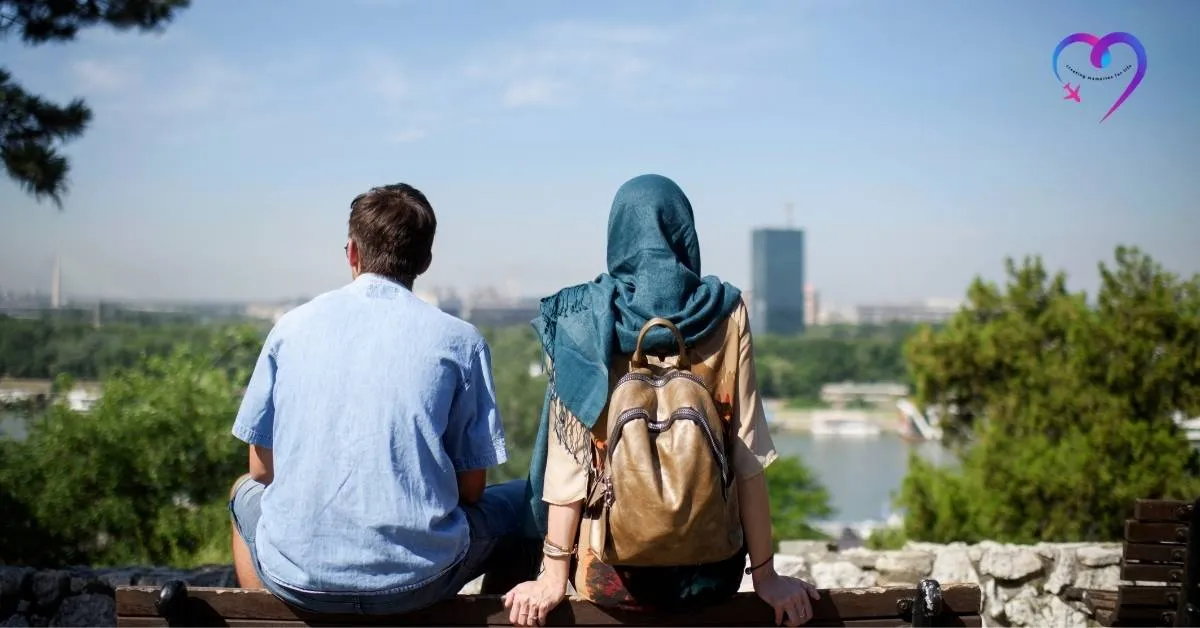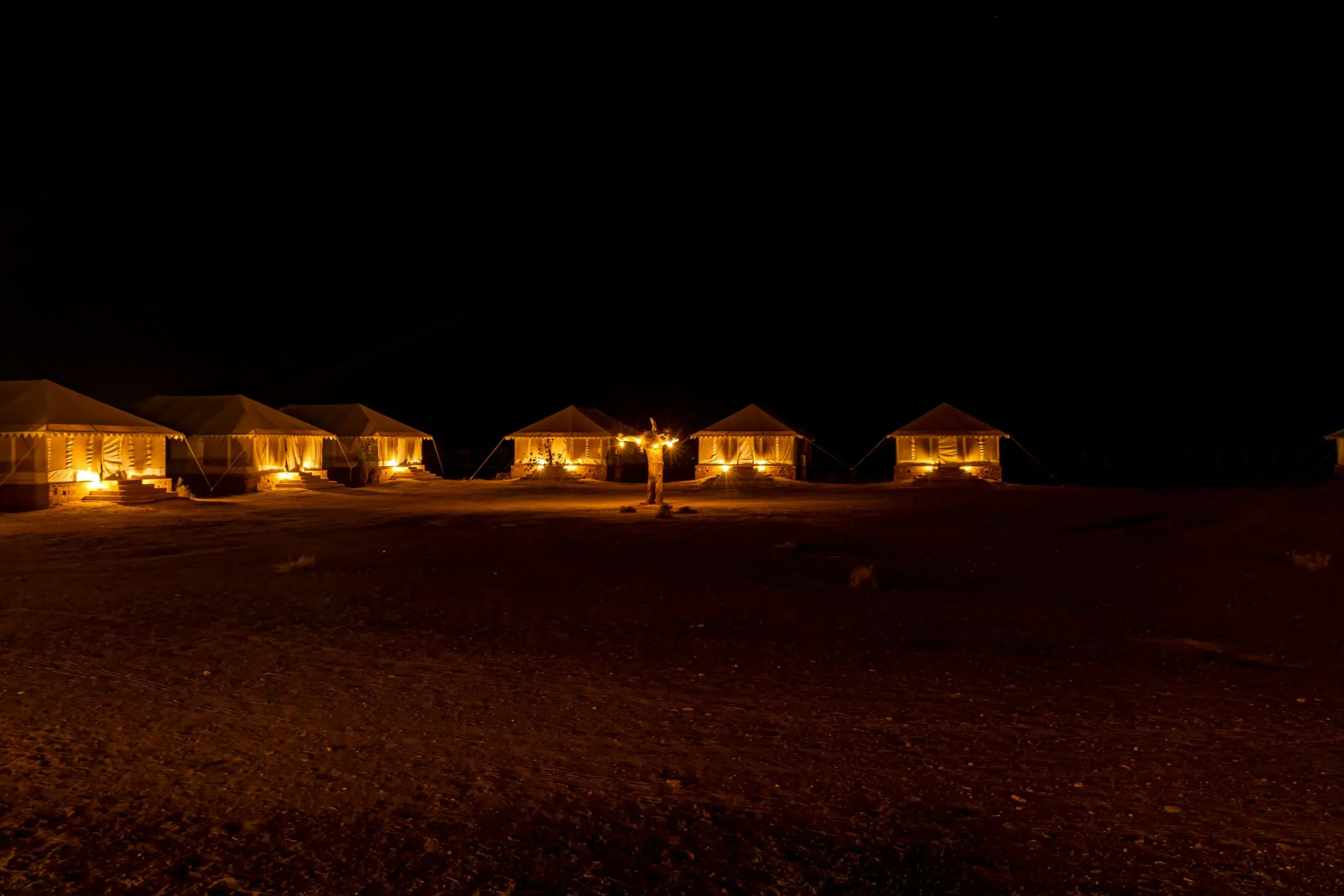Islamic heritage sites hold a profound significance, not only for Muslims but for anyone interested in understanding the rich tapestry of history, culture, and architecture shaped by Islamic civilizations. From awe-inspiring mosques and ancient cities to bustling bazaars and serene gardens, these sites tell stories of innovation, devotion, and cultural exchange. As a passionate Muslim travel blogger, I aim to take you on a virtual journey through some of the most remarkable Islamic heritage sites across the globe. Pack your virtual bags, and let’s explore!
1. The Majestic Alhambra in Spain
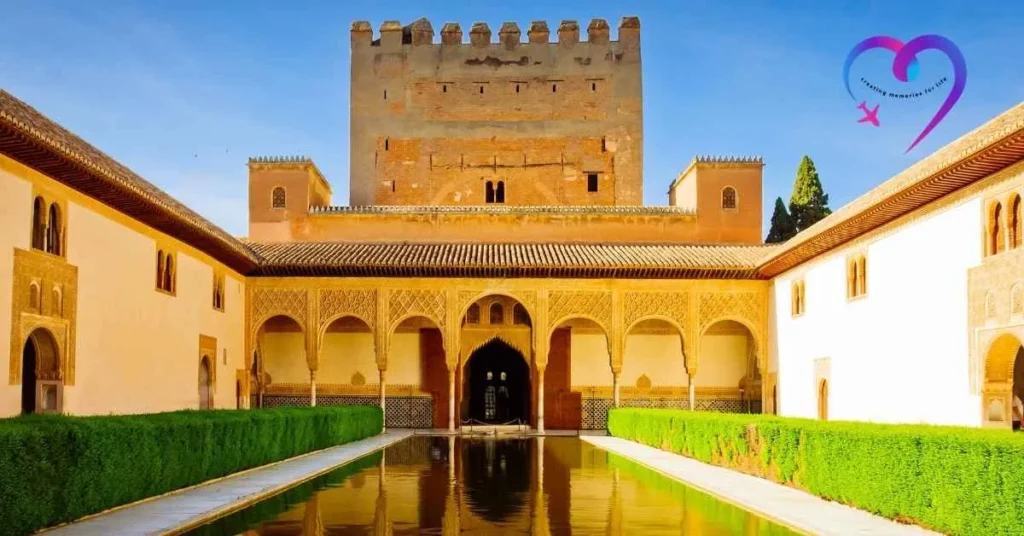
Nestled in the hills of Granada, Spain, the Alhambra is a testament to the grandeur of Islamic architecture. This sprawling palace complex, built during the Nasrid dynasty, boasts intricate tilework, stunning calligraphy, and serene courtyards.
- Why Visit? The Alhambra is a harmonious blend of art, science, and spirituality. The symmetrical gardens, such as the Generalife, symbolize the Quranic vision of paradise.
- Pro Tip: Book your tickets in advance, as this UNESCO World Heritage site is incredibly popular. A guided tour can enrich your experience by revealing the history and symbolism behind the structures.
2. The Timeless Beauty of Istanbul’s Mosques
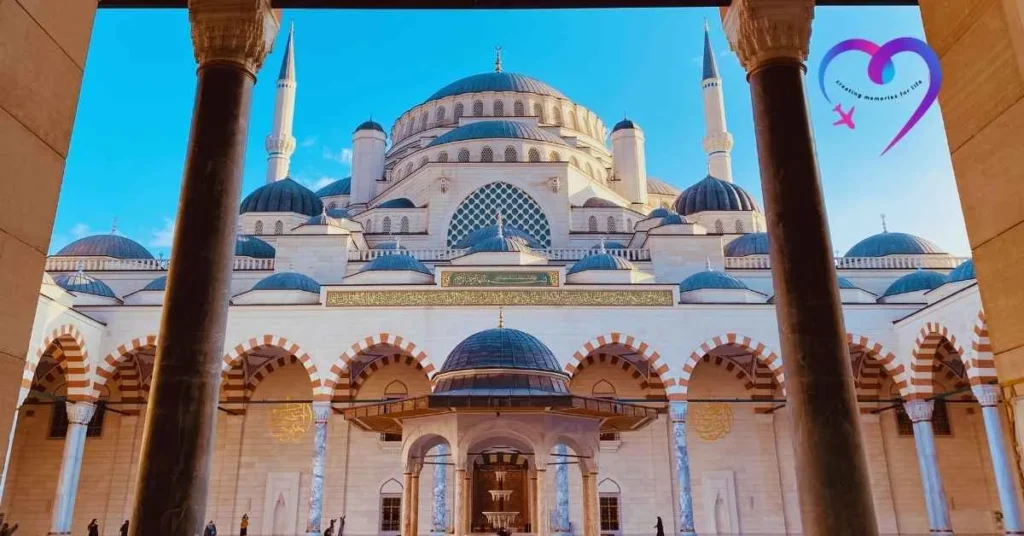
Istanbul, the city where East meets West, is home to some of the most iconic Islamic heritage sites. The Blue Mosque (Sultan Ahmed Mosque) and Hagia Sophia are must-visit landmarks.
- Why Visit? The Blue Mosque dazzles with its six minarets and exquisite blue Iznik tiles. Meanwhile, Hagia Sophia stands as a testament to Istanbul’s transition through different eras, blending Byzantine and Islamic elements.
- Travel Tip: Visit during prayer times to experience the spiritual ambiance. If you’re a female traveler, remember to dress modestly and carry a scarf.
3. The Splendor of the Sultan Qaboos Grand Mosque, Oman
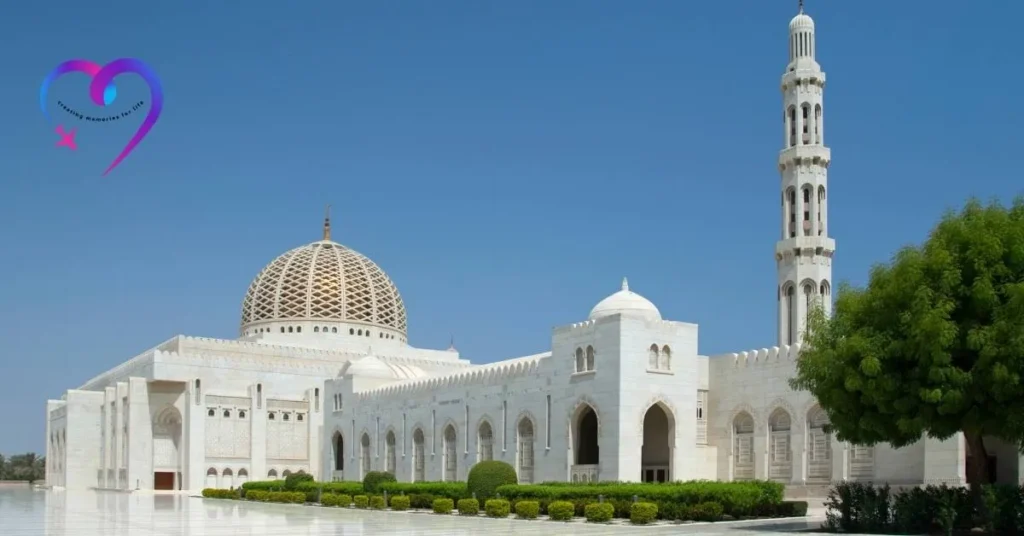
Oman’s Sultan Qaboos Grand Mosque is an architectural masterpiece that combines traditional Islamic motifs with modern aesthetics.
- Why Visit? Its vast prayer hall houses one of the largest chandeliers and handwoven carpets in the world. The mosque’s serene gardens and marble courtyards are equally captivating.
- Interesting Fact: The mosque is open to non-Muslim visitors, providing a unique opportunity to learn about Islamic practices and Omani culture.
4. The Historic City of Fez, Morocco
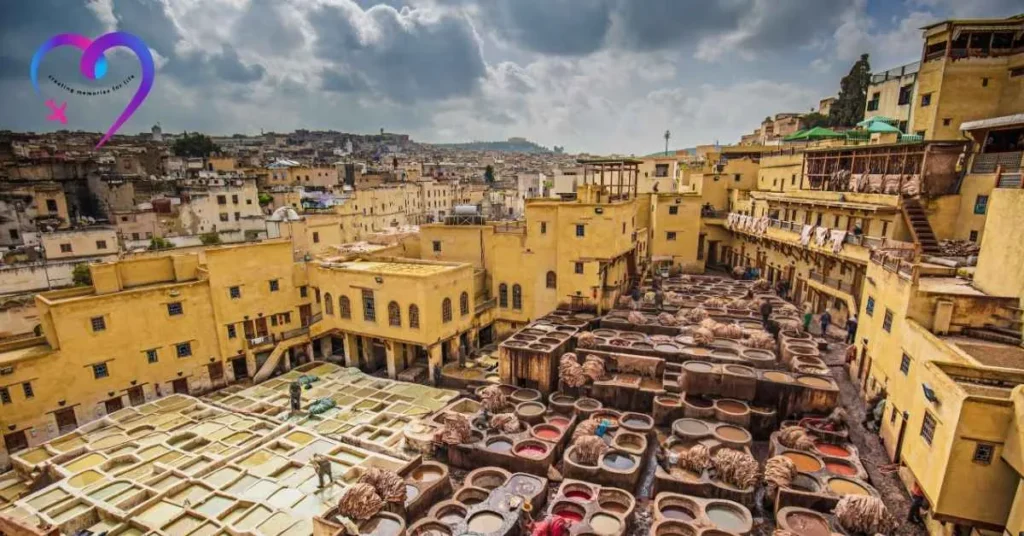
Known as the cultural and spiritual heart of Morocco, Fez is home to the world’s oldest continuously operating university, Al-Qarawiyyin.
- Why Visit? Exploring Fez’s medina is akin to traveling back in time. The narrow alleys, vibrant souks, and ancient madrasas showcase the city’s rich Islamic heritage.
- Did You Know? The Al-Qarawiyyin University was founded by a woman, Fatima al-Fihri, in 859 CE, making it a symbol of Islamic contributions to education.
5. The Magnificence of Sheikh Zayed Grand Mosque, UAE
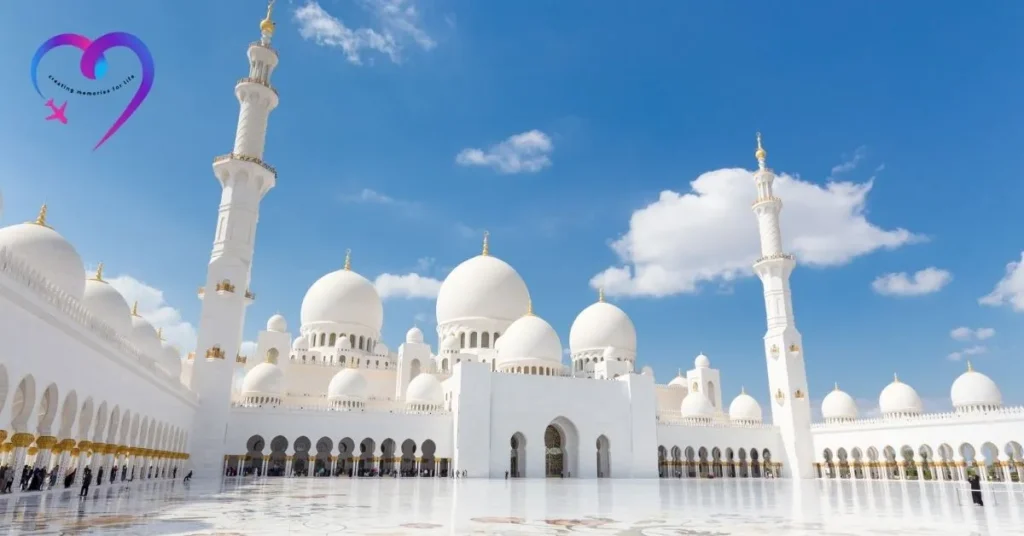
Located in Abu Dhabi, the Sheikh Zayed Grand Mosque is a modern architectural marvel that blends various Islamic styles.
- Why Visit? The mosque’s pristine white marble domes, reflective pools, and intricate floral designs make it a visual delight. It’s also one of the few mosques in the UAE open to non-Muslim visitors.
- Photography Tip: Visit during sunset for stunning golden-hour photos. The lighting enhances the mosque’s ethereal beauty.
6. The Ancient City of Samarkand, Uzbekistan
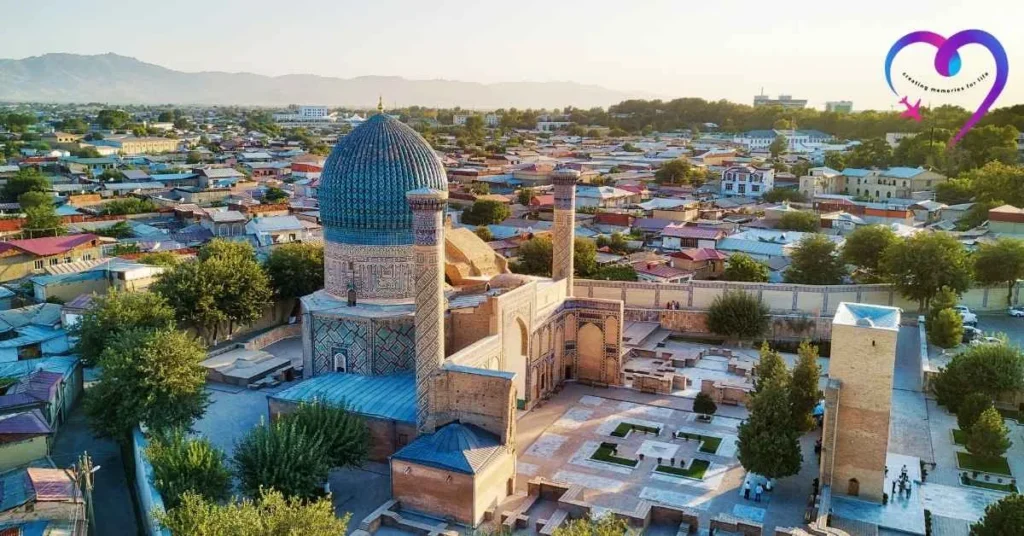
Samarkand, a key city along the Silk Road, is a treasure trove of Islamic architecture and culture.
- Why Visit? The Registan Square, flanked by three majestic madrasas, showcases the artistic and intellectual achievements of the Timurid dynasty.
- Cultural Insight: Samarkand is also home to the mausoleum of Imam al-Bukhari, a revered Islamic scholar, making it a pilgrimage site for many Muslims.
7. The Sacred Masjid al-Haram and Masjid al-Nabawi, Saudi Arabia
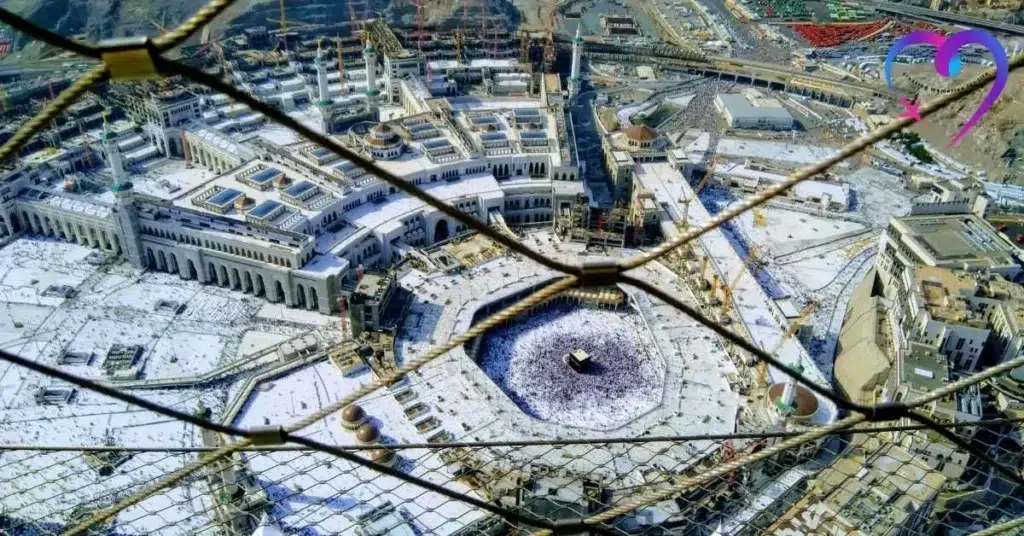
No list of Islamic heritage sites is complete without mentioning the two holiest mosques in Islam: Masjid al-Haram in Mecca and Masjid al-Nabawi in Medina.
- Why Visit? Masjid al-Haram houses the Kaaba, the focal point of Muslim prayers worldwide. Masjid al-Nabawi, with its iconic green dome, is the burial place of Prophet Muhammad (peace be upon him).
- Spiritual Note: Visiting these sites is a deeply moving experience that strengthens one’s connection to faith and history.
8. The Bustling Markets of Cairo, Egypt
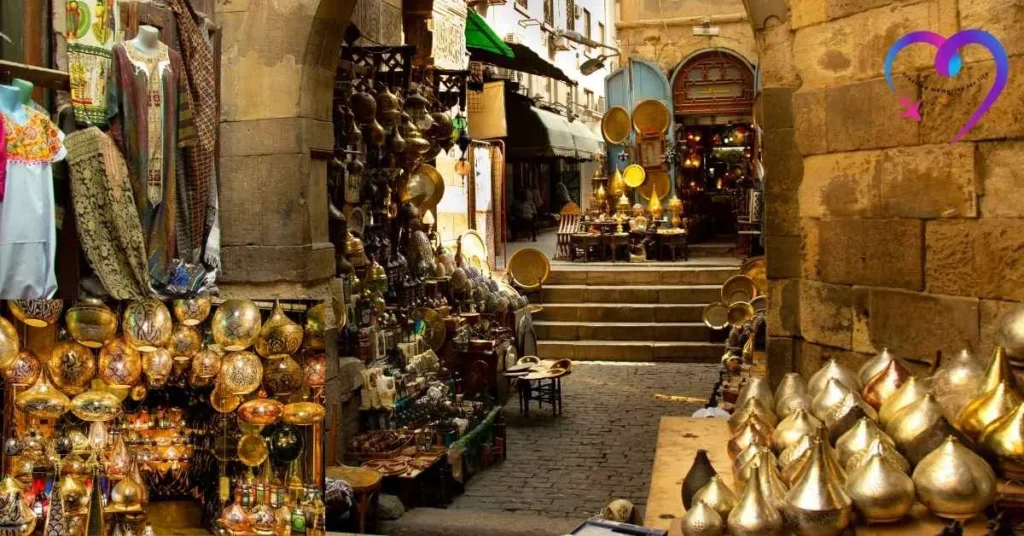
Cairo’s Islamic heritage isn’t confined to mosques and madrasas. The bustling markets, such as Khan el-Khalili, offer a glimpse into the daily lives and traditions of locals.
- Why Visit? These markets are a sensory delight, with their vibrant textiles, aromatic spices, and intricate handicrafts. Nearby, the Al-Azhar Mosque and University are landmarks of Islamic learning.
- Shopping Tip: Don’t hesitate to bargain. It’s part of the cultural experience!
9. The Gardens of Shalimar, Pakistan
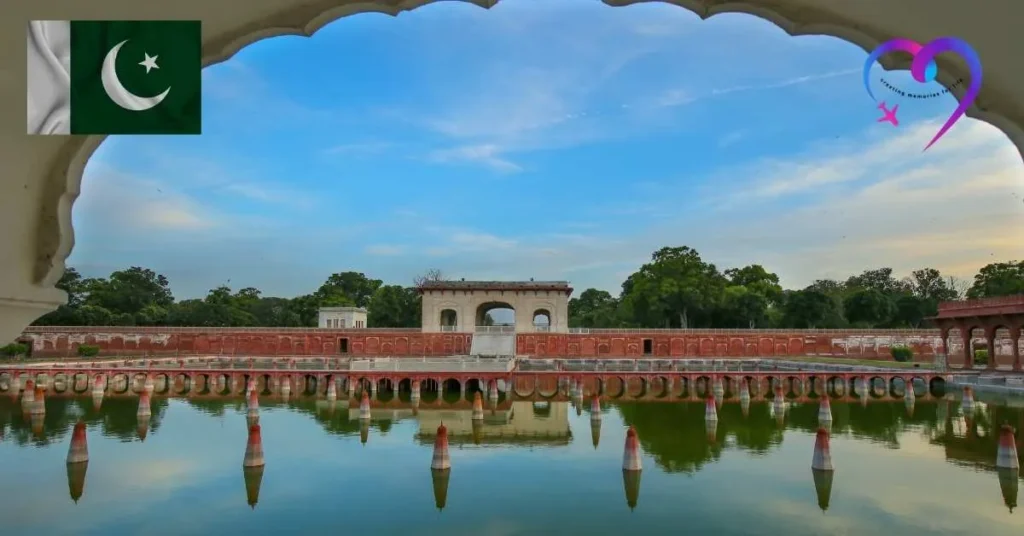
Built during the Mughal era, the Gardens of Shalimar in Lahore are a UNESCO World Heritage site and a perfect example of Islamic garden design.
- Why Visit? These terraced gardens, with their flowing water channels and pavilions, reflect the Quranic depiction of paradise.
- Local Flavor: Pair your visit with a trip to the nearby Badshahi Mosque, another Mughal architectural gem.
10. The Great Mosque of Djenné, Mali
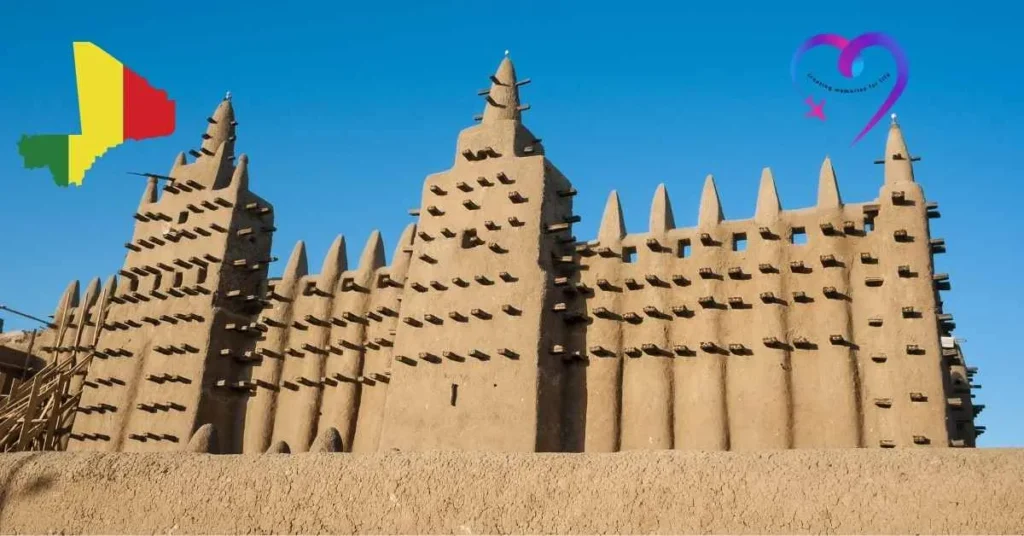
The Great Mosque of Djenné is one of Africa’s most iconic Islamic heritage sites and the largest mud-brick structure in the world.
- Why Visit? This UNESCO World Heritage site showcases the unique Sudano-Sahelian architectural style. The mosque is an active place of worship and a centerpiece of the town’s cultural identity.
- Cultural Insight: Every year, the community comes together for a grand festival to replaster the mosque, showcasing the spirit of cooperation and cultural preservation.
Tips for Planning Your Islamic Heritage Journey
- Research Visa Requirements: Some destinations may have specific visa requirements for Muslim travelers.
- Dress Modestly: Respect local customs by dressing appropriately, especially when visiting mosques.
- Learn Basic Phrases: Familiarising yourself with common phrases in the local language can enhance your travel experience.
- Support Local Businesses: Purchase souvenirs from local artisans to contribute to the community’s economy.
Final Thoughts
Exploring Islamic heritage sites is more than just visiting beautiful landmarks; it’s about connecting with the history, spirituality, and diversity of the Muslim world. These sites serve as bridges, fostering understanding and appreciation between cultures. Whether you’re a history enthusiast, a spiritual seeker, or simply a curious traveler, the journey to these destinations promises to be enriching and unforgettable.

